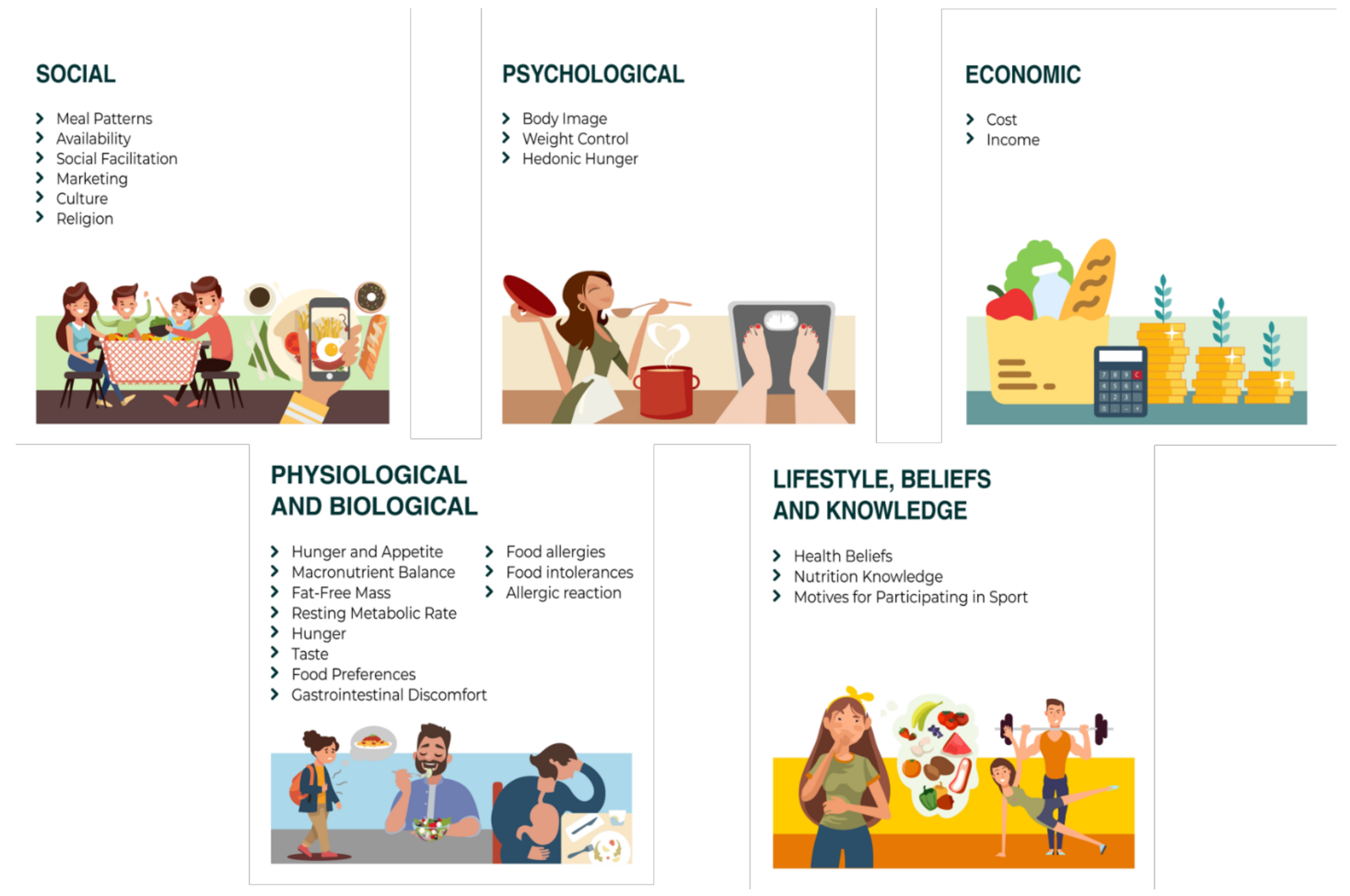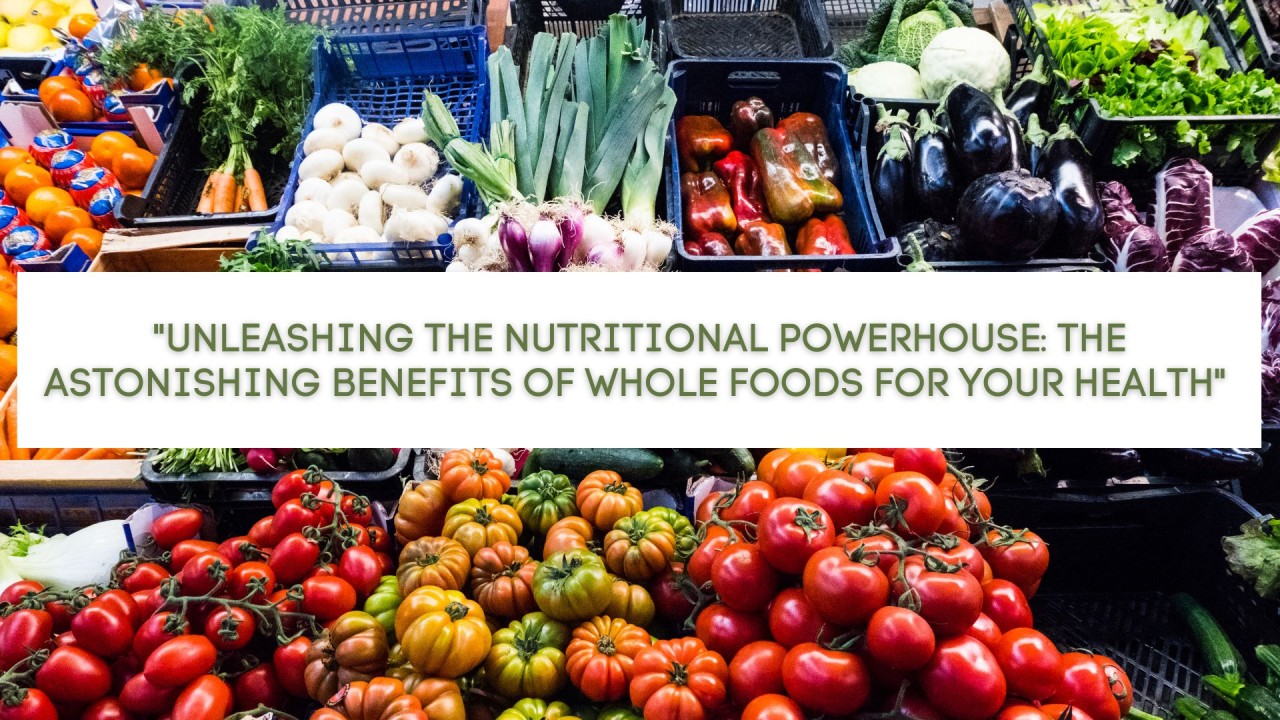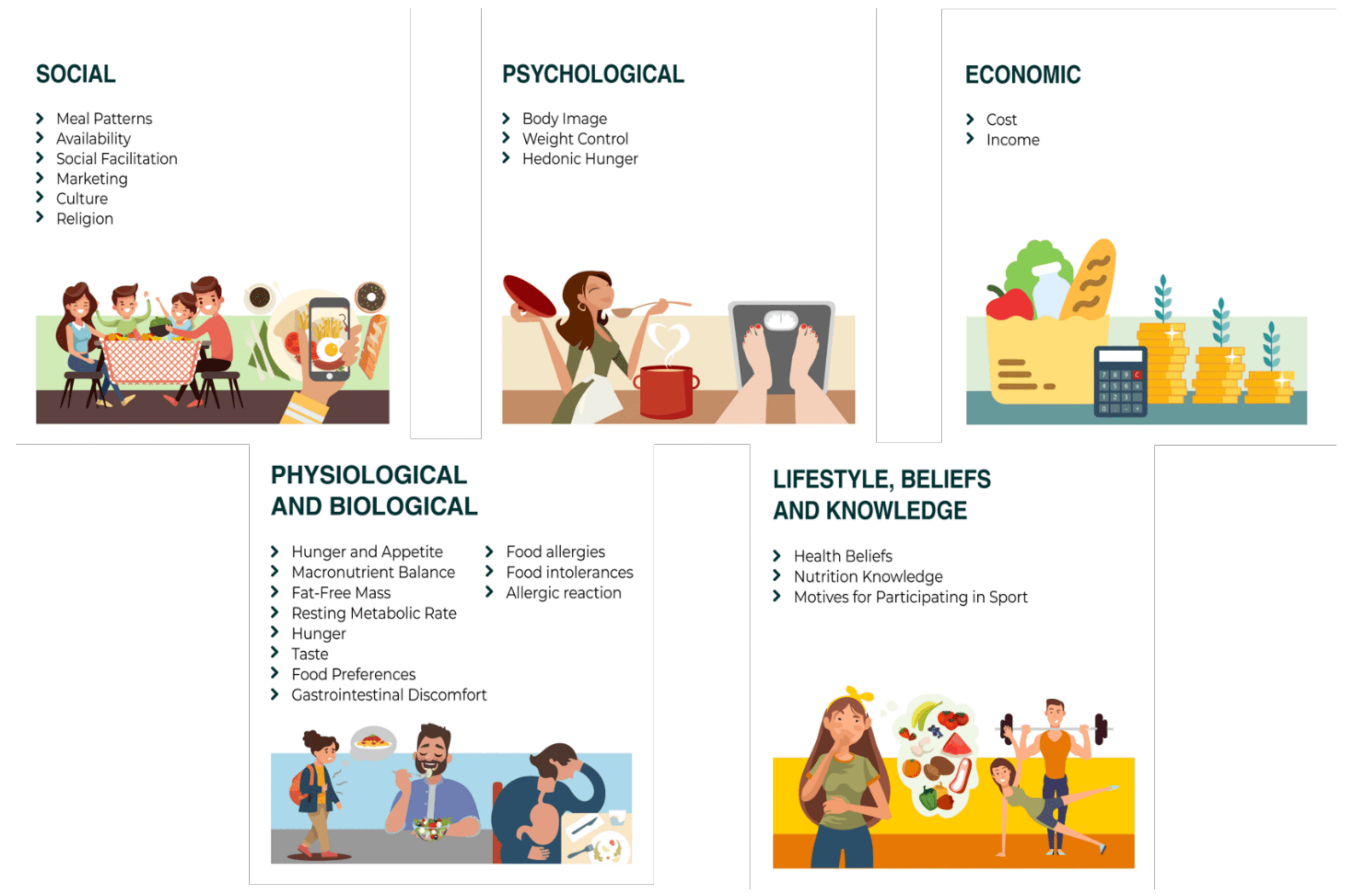Russian gymnast diets can be safe when properly monitored and tailored to individual needs.

Credit: www.mdpi.com
The Importance Of A Safe And Balanced Diet
A balanced and safe diet is crucial for Russian gymnasts to meet their demanding training needs. By ensuring adequate nutrition, gymnasts can maximize their performance and maintain optimal health. Following a diet designed specifically for their athletic requirements can help them achieve their goals without compromising their well-being.
Understanding The Role Of Nutrition In Gymnastics
Gymnastics demands immense physical strength, flexibility, and agility. To achieve and maintain optimal performance, gymnasts must prioritize their nutrition. A balanced diet plays a crucial role in providing the necessary energy, nutrients, and hydration to support their intense training regimens. Proper nutrition not only enhances overall athletic performance but also aids in recovery, reducing the risk of injuries and promoting long-term health.
The Risks Of Unhealthy Eating Habits
Avoiding unhealthy eating habits is of utmost importance for gymnasts. Restrictive diets, excessive calorie counting, and reliance on supplements can have detrimental effects on both physical and mental well-being. Such practices can lead to nutrient deficiencies, including those crucial for bone health, muscle development, and immune function. Moreover, disordered eating habits can impair concentration, disrupt sleep patterns, and negatively impact mood, increasing the risk of burnout and decreasing athletic performance.
It is essential for gymnasts to acknowledge and address the potential risks associated with unhealthy eating habits. Instead, they should focus on adopting safe and sustainable dietary practices that fuel their bodies adequately.

Credit: www.capradio.org
Exploring The Russian Gymnast Diet
Discover the safety of the Russian Gymnast Diet, a fascinating topic for those seeking a balanced and effective eating plan. Unveil the secrets behind this unique diet and its impact on athletes’ performance.
The Philosophy Behind The Russian Gymnast Diet
The Russian Gymnast Diet is a nutrition plan designed to support the rigorous demands of gymnastics training while maintaining a healthy and balanced lifestyle. This diet follows a holistic approach by incorporating whole, natural foods that provide essential nutrients to fuel the body and enhance performance. By focusing on the philosophy behind this diet, we can gain insights into the principles that make it effective.
Key Principles Of The Russian Gymnast Diet
When it comes to the Russian Gymnast Diet, a few key principles form its foundation. These principles guide the food choices and eating patterns of gymnasts, helping them maintain optimal strength, endurance, and flexibility:
1. Nutrient-rich Foods:
Gymnasts prioritize consuming nutrient-rich foods such as lean proteins, whole grains, fruits, and vegetables. These foods provide essential vitamins, minerals, and antioxidants that support muscle recovery, energy production, and overall well-being.
2. Balanced Macronutrient Intake:
A balanced macronutrient intake is crucial for gymnasts to meet their energy requirements. The Russian Gymnast Diet emphasizes a balanced proportion of carbohydrates, proteins, and healthy fats. This enables sustained energy levels, proper muscle function, and supports the body’s physiological processes.
3. Adequate Hydration:
Proper hydration is vital for gymnasts to maintain optimal performance levels. Staying hydrated helps regulate body temperature, supports joint mobility, and aids in digestion. Gymnasts are encouraged to drink an adequate amount of water throughout the day.
4. Meal Frequency and Timing:
Gymnasts follow a meal frequency and timing pattern that suits their training schedule. They usually consume smaller, frequent meals throughout the day to keep energy levels steady. This approach prevents hunger, provides sustained fuel for workouts, and aids in muscle recovery.
5. Personalization and Flexibility:
The Russian Gymnast Diet recognizes the individual needs and preferences of each gymnast. It promotes personalization and flexibility within the framework of healthy eating. This approach ensures that the diet plan is sustainable, enjoyable, and promotes a positive relationship with food.
Conclusion
The Russian Gymnast Diet offers a holistic approach to nutrition, focusing on nutrient-rich foods, balanced macronutrient intake, hydration, meal frequency, and personalization. Following these principles can provide gymnasts with the necessary fuel and support for maintaining peak performance, enhanced recovery, and overall well-being.
Foods To Include In A Russian Gymnast Diet
Fuel your performance with a Russian gymnast diet packed with nutrient-rich foods. Include protein-rich sources like lean meats and dairy, as well as whole grains and fresh fruits and vegetables for a safe and balanced approach to fueling your workouts.
The Power Of Protein In Building Muscle
Protein plays a crucial role in the diet of a Russian gymnast. It is the building block for muscle growth and repair. Including protein-rich foods in their diet helps in maintaining proper muscle health and improving overall athleticism. When it comes to protein, choices such as lean meats, fish, eggs, and dairy products like milk and yogurt are excellent sources. Vegetarian gymnasts can opt for plant-based protein sources like beans, lentils, tofu, and tempeh. Incorporating protein into meals and snacks is essential for Russian gymnasts to support their intensive training regimen.
The Crucial Role Of Carbohydrates For Energy
Carbohydrates are the primary source of energy for the body, making them a vital component of a Russian gymnast’s diet. These athletes need a consistent supply of energy to power through strenuous routines and workouts. Foods rich in complex carbohydrates, such as whole grains, rice, pasta, and potatoes, provide a sustained release of energy. It is essential for gymnasts to consume carbohydrates before and after training sessions to replenish glycogen stores and promote optimal performance. However, it’s important to choose nutritious, whole-food sources of carbohydrates over processed or sugary options.
The Importance Of Incorporating Healthy Fats
Contrary to popular belief, healthy fats are essential in a Russian gymnast’s diet. Fats play a vital role in hormone production, maintaining healthy joints, and providing long-lasting energy. Opting for sources like avocados, nuts, seeds, olive oil, and fatty fish ensures that gymnasts receive the necessary omega-3 and omega-6 fatty acids. These healthy fats aid in overall performance, muscle recovery, and maintaining a balanced diet. Including moderate amounts of healthy fats in regular meals ensures gymnasts receive the beneficial nutrients they need.
The Benefits Of Eating A Variety Of Fruits And Vegetables
Eating a colorful array of fruits and vegetables is highly beneficial for Russian gymnasts. Fruits and vegetables are rich in vitamins, minerals, and antioxidants, which help support the immune system and overall well-being. Including a variety of these nutritious foods in a gymnast’s diet provides essential nutrients that can aid in muscle recovery and repair. Additionally, the fiber content in fruits and vegetables aids proper digestion and promotes overall gut health. By incorporating a rainbow of fruits and vegetables, gymnasts can ensure they receive a wide range of beneficial nutrients necessary for peak performance.
Incorporating these key food groups into a Russian gymnast’s diet helps provide the necessary nutrients for optimal performance and muscle recovery. Prioritizing protein, carbohydrates, healthy fats, and a variety of fruits and vegetables ensures that these athletes have the energy and strength they need to excel in their sport. By focusing on these essential food groups, Russian gymnasts can maintain a well-rounded, balanced diet that supports their rigorous training and helps them reach their full potential.
Avoiding Foods That Hinder Performance
Russian gymnasts prioritize a safe and balanced diet to enhance their performance. By avoiding foods that hinder their performance, they ensure optimal nutrition and physical strength for their demanding routines.
Identifying Foods High In Added Sugars And Processed Ingredients
The Impact of Added Sugars on Performance
Consuming foods high in added sugars can have a negative impact on a Russian gymnast’s performance. These sugars not only provide empty calories but can also lead to energy crashes and hinder focus and concentration. To ensure optimal performance, it is crucial to identify and avoid foods that are loaded with added sugars.
The Role of Processed Ingredients
Processed ingredients such as artificial flavorings, preservatives, and additives are known to have adverse effects on overall health and performance. These ingredients can increase inflammation in the body, disrupt digestion, and cause fluctuations in energy levels. To promote a healthy and efficient gymnast diet, it is important to steer clear of foods that contain these processed additives.
To avoid these detrimental ingredients, here are some tips:
1. Check Food Labels Carefully
When grocery shopping, take the time to read and analyze food labels. Look out for terms such as high-fructose corn syrup, dextrose, cane sugar, and maltose, as these indicate the presence of added sugars. Opt for foods that use natural sweeteners like honey or maple syrup instead.
2. Stick to Whole Foods
Whole, unprocessed foods are always a safer bet for gymnasts. These foods include fruits, vegetables, lean proteins, whole grains, and nuts. By focusing on whole foods, you can minimize your intake of added sugars and processed ingredients, while gaining essential nutrients for optimal performance.
3. Prepare Meals at Home
By preparing meals at home, you have control over the ingredients you use. This allows you to choose fresh, unprocessed ingredients and eliminate the hidden sugars and additives often found in pre-packaged meals. Experiment with recipes that incorporate wholesome ingredients while still being delicious and satisfying.
The Negative Effects Of Excessive Sodium And Caffeine Intake
The Impact of Sodium on Hydration
Excessive sodium intake can disrupt the body’s fluid balance, leading to dehydration. For Russian gymnasts, who engage in intense physical activity, staying properly hydrated is crucial for maintaining energy and performance levels. It is important to be mindful of the sodium content in foods and choose low-sodium options whenever possible.
The Role of Caffeine in Performance
While caffeine can provide a temporary boost in energy and focus, excessive intake can have negative effects on a gymnast’s performance. Caffeine can cause jitters, disrupt sleep patterns, and lead to dehydration if consumed in large quantities. It is important to moderate caffeine intake and opt for healthier alternatives like herbal teas and natural energy boosters.
To avoid the adverse effects of excessive sodium and caffeine intake, follow these guidelines:
1. Choose Low-Sodium Options
When shopping for groceries, opt for low-sodium versions of products such as soups, sauces, and snacks. Reading food labels can help you identify options that are lower in sodium content.
2. Stay Hydrated
Hydration plays a vital role in performance, so ensure you drink enough water throughout the day. Not only will it keep you hydrated, but it will also help flush out excess sodium from your system and maintain optimal body functions.
3. Limit Caffeine Intake
While a small amount of caffeine may be beneficial, excessive intake should be avoided. Opt for natural sources of energy like fresh fruits, nuts, and whole grains, which provide sustainable energy without the negative side effects of caffeine.
Steering Clear Of Unhealthy Fast Food Options
The Impact of Fast Food on Performance
Fast food options are often high in unhealthy fats, sugars, and additives, which can lead to weight gain, inflammation, and a decline in performance. While these quick and convenient choices may be tempting, they are best avoided when aiming for optimal performance as a Russian gymnast.
The Role of Meal Planning in Avoiding Fast Food
Meal planning is a key strategy to avoid the temptation of unhealthy fast food options. By prepping meals and snacks in advance, Russian gymnasts can ensure they have nutritious, athlete-friendly options readily available. With a well-stocked fridge and pantry, you can bypass the drive-through and fuel your body with wholesome, performance-enhancing foods.
To steer clear of unhealthy fast food options, consider the following tips:
1. Plan Ahead
Before the start of each week, create a meal plan and grocery list. By having a clear idea of what meals and snacks you’ll be having, you can avoid impulsive fast food runs.
2. Pack Snacks
When heading out for training or competitions, pack healthy snacks that are easy to carry and don’t require refrigeration. Options like fruit, nuts, energy bars, or homemade trail mixes are excellent choices that keep you energized without resorting to fast food.
3. Cook in Bulk
Spend one day a week cooking in bulk and portioning out meals for the week ahead. This way, you have healthy, homemade options available even on busy days when time is limited.
By being mindful of the foods that hinder performance, Russian gymnasts can optimize their diet and fuel their bodies with the necessary nutrients for success. Avoiding foods high in added sugars and processed ingredients, moderating sodium and caffeine intake, and steering clear of unhealthy fast food options are all essential steps in maintaining peak performance and achieving gymnastic goals.
Optimizing Performance With Proper Hydration
Gymnastics is a sport that demands high levels of strength, flexibility, and precision. It comes as no surprise that hydration plays a crucial role in optimizing performance for Russian gymnasts. Understanding the significance of hydration and following specific guidelines can help gymnasts maintain peak performance and stay safe throughout their intense training sessions and competitions.
Understanding The Significance Of Hydration For Gymnasts
Hydration is not only important for general health but also essential for gymnasts to perform at their best. Dehydration can lead to decreased muscle strength, reduced endurance levels, impaired coordination, and increased risk of injuries. Therefore, maintaining proper hydration levels is imperative to support optimal muscle function and overall performance in Russian gymnasts.
Hydration Guidelines For Russian Gymnasts
Proper hydration starts with understanding the right guidelines. Russian gymnasts should follow these hydration recommendations:
- Drink water regularly throughout the day, even when not feeling thirsty. Thirst is not always an accurate indicator of hydration levels.
- Avoid sugary drinks or excessive caffeine, as they can cause dehydration.
- Consume fluids with meals and snacks to ensure consistent hydration, especially during training sessions.
- Monitor urine color and frequency – pale yellow urine indicates good hydration, while dark yellow signifies dehydration.
- Consider monitoring body weight before and after intense training sessions to assess fluid loss. Aim to replenish any lost weight by consuming fluids.
- During exercise, especially strenuous training or competition, consume fluids every 15-20 minutes to maintain hydration.
- Water, sports drinks, and electrolyte-rich beverages are suitable choices for rehydration.
- Ensure an adequate intake of foods with high water content, such as fruits and vegetables, to support overall hydration.
Note: These guidelines serve as general recommendations for Russian gymnasts. Individual hydration needs may vary based on factors such as age, weight, intensity of training, and environmental conditions. It is advisable to consult with a sports nutritionist or healthcare professional to create a personalized hydration plan.

Credit: www.linkedin.com
Frequently Asked Questions Of Russian Gymnast Diet Are They Safe
What Is The Russian Gymnast Diet And How Does It Benefit Them?
The Russian gymnast diet is a carefully curated eating plan that prioritizes nutrient-rich foods to support the intense physical demands of gymnastics training. It includes lean proteins, whole grains, fruits, and vegetables that provide energy, aid in muscle recovery, and promote overall health and performance.
Are Russian Gymnast Diets Safe For Everyone To Follow?
While the Russian gymnast diet is designed specifically for the needs of elite gymnasts, it can serve as a source of inspiration for anyone looking to adopt a healthier eating plan. However, it’s important to consult with a healthcare professional or registered dietitian before making any significant changes to your diet to ensure your individual needs and health conditions are considered.
Can The Russian Gymnast Diet Help With Weight Loss?
The Russian gymnast diet emphasizes whole, nutrient-dense foods, and portion control, which can support weight loss goals. However, it’s important to remember that weight loss should be pursued in a balanced and sustainable manner. Consulting with a healthcare professional or registered dietitian can help create a personalized plan tailored to your specific needs and goals.
What Are Some Key Components Of The Russian Gymnast Diet?
The Russian gymnast diet focuses on high-quality proteins like chicken, fish, and legumes, along with complex carbohydrates from sources like whole grains and fruits. It also includes plenty of vegetables for vitamins and minerals, along with healthy fats from sources like nuts and avocado.
Hydration is also emphasized with water being the beverage of choice.
Conclusion
In sum, while the Russian gymnast diet may seem extreme, it is important to approach it with caution. The strict guidelines and intense restrictions may lead to potential health risks, including nutrient deficiencies and eating disorders. Therefore, individuals must consult with a healthcare professional or registered dietitian before embarking on such a strict regimen.
Prioritizing a balanced and varied diet, coupled with regular exercise, is key to long-term health and well-being.









